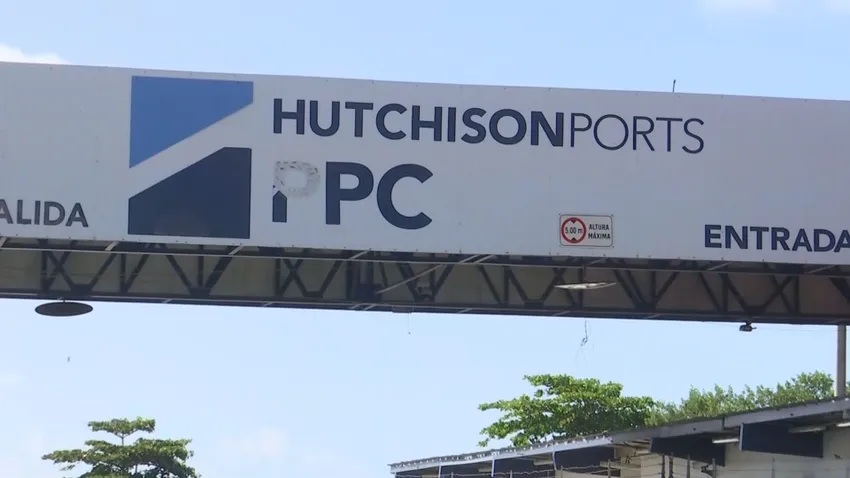Another look at Panama’s cellular love affair


From the Sidelines
Is Panama’s love affair with cell phones a health risk?
In a country which has more cell phones than people, health could be in danger according to some scientists, and they are not speaking about those drivers who blindfold themselves by talking on the phone while driving. That’s an additional killer.
A leading US researcher claims that the risk of brain cancer from regular use was underestimated by 25 percent in a safety study published earlier this year.
The industry-funded German Interphone study had concluded that the use of a mobile phone did not increase the risk of brain tumours for the ‘average’ user. But at a conference in Seoul, US researcher Lloyd Morgan argued that Interphone had used old data, claiming ‘average’ use to be 2 to 2.5 hours a month, when that’s now a more typical statistic for weekly usage.
Judging by personal viewing that could be . daily usage for some in Panama who can’t seem to keep the mobile away from their ears, walking, shopping, driving or dining out.
How did they survive before cell phones which were plugged by manufacturers as for emergency use, and now use the same line when persuading parents that it’s a must-have for kids?
A colleague told me only this week of an hour long bus trip. A woman passenger was talking into her mobile when she boarded, and when she got off. (That was a big slice out of her monthly “average”
Are mobile phones set to go the way of cigarettes and be packaged with health warnings? That’s the question raised by a writer in The First Post referring to the decision of the city of San Francisco (US not Panama) to demand that mobile phone retailers post radiation levels next to the handsets they sell
The "specific absorption rate" measures how much energy a person absorbs per kilogram of body weight when using a handset. San Francisco supervisor Sophie Maxwell, the law’s chief sponsor, said: "This is about helping people make informed choices."
San Francisco is the first city in the States to demand the measure – just as it was in the vanguard of the anti-smoking movement in the 1990s.
The city’s decision comes as scientists continue to argue over whether mobile phones can cause cancer, in much the same way as doctors were once undecided over the risk of smoking cigarettes.
"What we have discovered," said Morgan, senior research fellow at the US Environmental Health Trust"indicates there is going to be one hell of a brain tumour pandemic unless people are warned and encouraged to change current cell-phone use behaviours."
He added: "I want to be clear that I don’t believe all cell-phones need to be abandoned. But consumers can’t read headlines from studies like the Interphone report and think they are completely safe. I don’t want people to wake up 10 years from now and say, "Oh my God, why weren’t we told."
Morgan’s campaign for greater truth about the risks of brain cancer is not deterring mobile phone purchases, certainly not at Apple.
The computer giant announced this week that such was the demand for its new iPhone 4 model that it caused websites in the UK and US to crash. The new phone, recently unveiled by Apple boss Steve Jobs, did not officially launch until Thursday, June 24, but went on pre-sale on Tuesday and immediately sold out.
Its popularity has eclipsed that of the iPhone 3GS. When that model was launched in eight different countries in 2009 it sold a million units in five days. By contrast the iPhone 4 shifted 600,000 on day one in just five countries – US, UK, France, Germany and Japan.
In the UK the phone is being sold without contract through Apple’s online store, which crashed under the weight of demand. In the US the phone was made available via AT&T – and its website crashed too. Eventually the US }phone company suspended all orders.{jathumbnail off}





